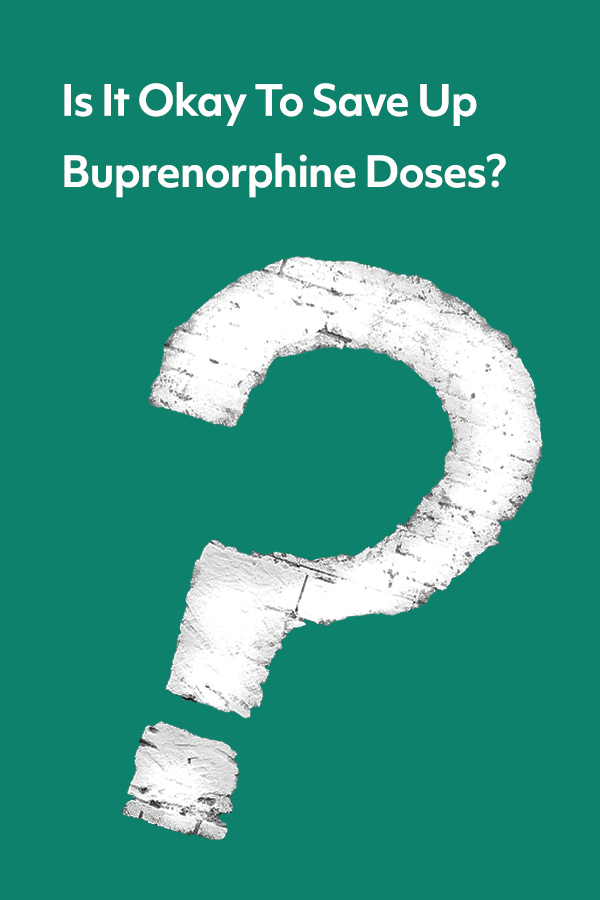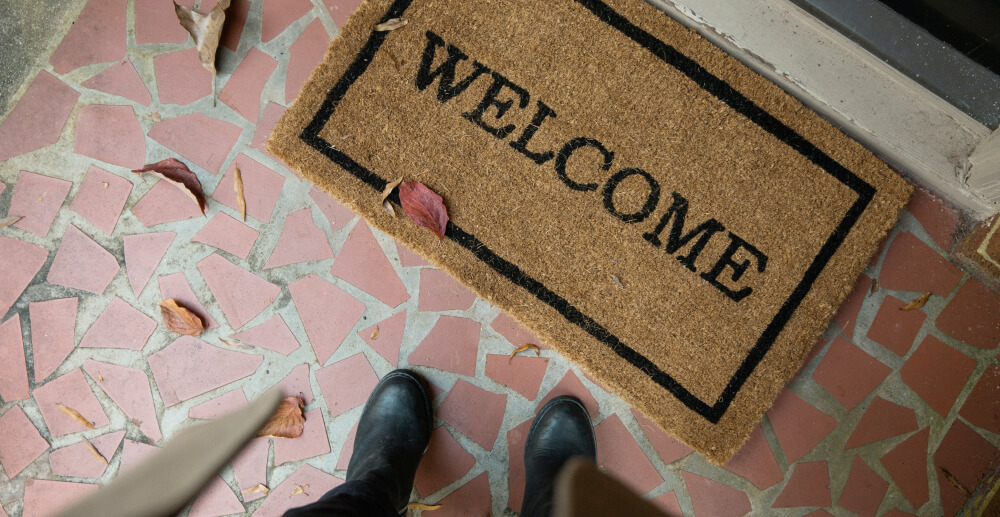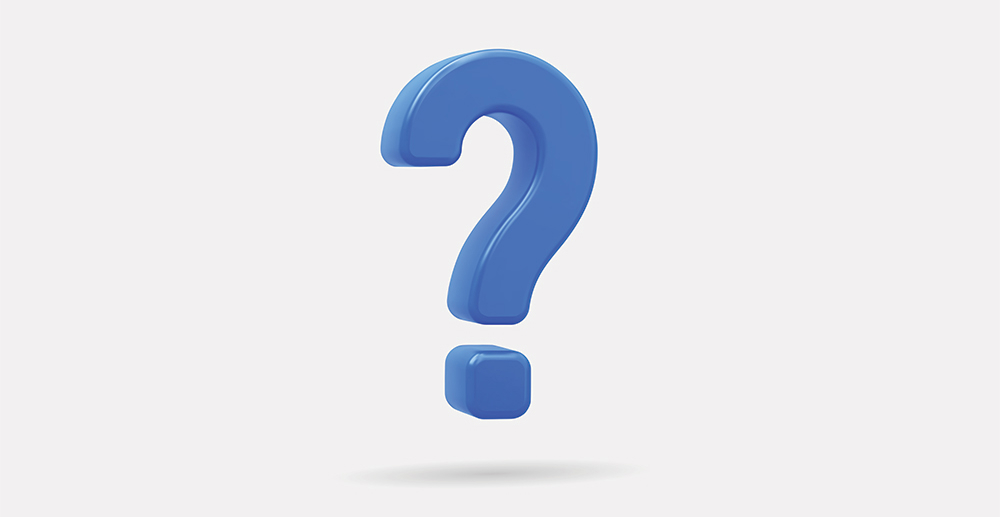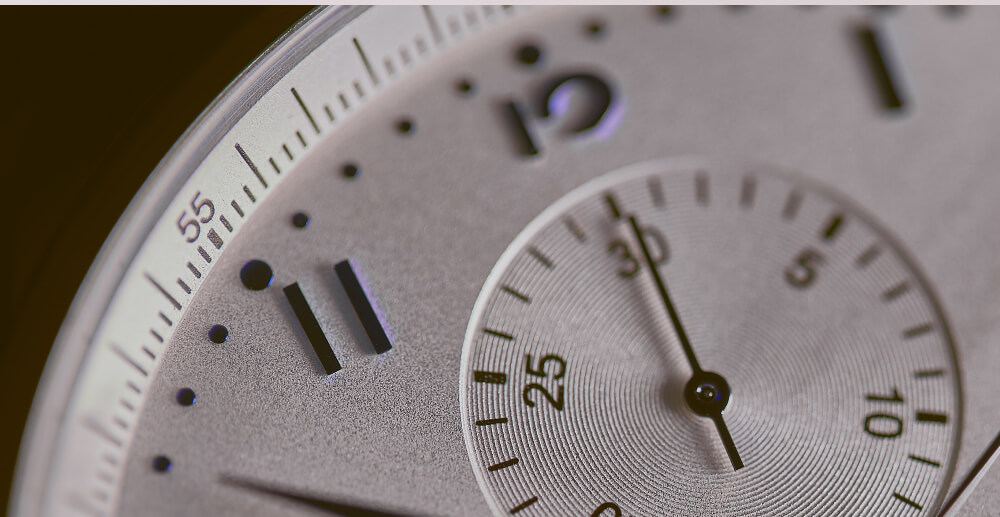Is it okay to store or save buprenorphine doses to create an “emergency supply”?
People in recovery who take buprenorphine sometimes feel a need to save up doses. This urge can arise for a variety of factors, but it generally centers around a fear of running out. Maybe they are concerned they will lose their health insurance, or won’t be able to pay the out-of-pocket costs one week. Perhaps they are having difficulties meeting total-abstinence demands place upon them by a punitive treatment program, and fear being kicked out. Maybe their pharmacy does not consistently stock the medication.
“Given the unpredictability of anything related to opioids these days, who could blame the patient?” says John McCarthy, a researcher, professor, and practitioner who has been working with people in medication-assisted treatment for over 40 years. He adds, “Look at the plight of the thousands of pain patients being cut off for no reason except physician-fear or some organizational mandate.”
But no matter how understandable the desire to have a backup supply is, there are some potential issues that come with saving up doses.
Saving doses for the future means decreasing doses in the present
In order for a person to save part of her dose for future use, she has to refrain from taking some of the dose she’s meant to be taking now. This means she’s taking less than she is prescribed. Buprenorphine dosing is relative to each individual—so it could be possible for someone to be prescribed a little more than she truly needs. But that is by no means certain. If it’s not the case, saving up doses could potentially lead to an avoidable relapse. By not taking enough medicine consistently, she could throw herself into mild withdrawal. Or she could find that her physical withdrawal symptoms are being treated, but not her cravings. No medicine can completely eliminate the psychological component of addiction, but taken as intended, buprenorphine does help with cravings. By not taking a full dose, a patient could leave herself vulnerable to intense cravings, which will obviously heighten her risk of relapsing.
Saving doses involves an element of deception
In order to save up doses without triggering a dosing decrease, a patient will probably have to lie to his prescribing doctor. While in active addiction, many of us engaged in all kinds of deception—whether that was lying, stealing, or cheating family, friends, and significant others. A lot of people believe that in order to truly recover from addiction, a patient must not simply stop taking drugs, but also change unwanted behaviors. This makes sense. Any time someone wants to change a part of himself he finds destructive or harmful, he has to be willing to change some of the thoughts and behaviors around that destructive aspect. This applies to addiction as well. Is saving a dose out of fear of not having it quite the same as those old lies? That’s up for debate. But some people think the act of intentionally and consistently lying to one’s doctor is a continuation of harmful behaviors that may have been cultivated as part of the active addiction.
“Any time someone wants to change a part of himself he finds destructive or harmful, he has to be willing to change some of his thoughts and behaviors.”
“Officially, we do not want patients to hoard medication. Many physicians would say it’s an indication that the old way of addictive thinking persists … that they must hoard or ‘stash’ medications because medical establishment can’t be trusted, and because they want to control their own dose and medication,” says Jana Burson, an addiction medicine physician who specializes in medication-assisted treatment. She also adds, however, that “In reality, I’ve seen some appalling lack of concern for a patient on MAT on the part of providers and pharmacists. I don’t think patients are being unrealistic by wanting a few days of spare medications. She also notes, ” I wouldn’t want them to accumulate a huge stash. Maybe up to one week I could understand.”
“If you do decide to save a few doses, it’s important that you regularly check in with yourself and make sure you’re not going overboard or being deceptive in a way that can harm your treatment goals.”
An individual decision
Honesty in recovery is ideal—especially between patient and doctor. But given the current political and economic climate surrounding opioids and opioid agonist therapy, patients may have some legitimate cause for concern. Each patient will have to make an individual decision on this matter; I am certainly not going to police anyone. It sounds like top prescribing physicians don’t wish to either. But neither can I recommend saving doses when it’s so important to get the full benefit of your medication and not skimp at the expense of your recovery. If you do decide to save a few doses, it’s important that you regularly check in with yourself and make sure you’re not going overboard or being deceptive in a way that can harm your treatment goals. That definitely means that you’re not selling extra doses.
“The best approach to prevent any of this is to have a close working relationship with the patient to explore fears and provide some assurance of protection against arbitrary discontinuation of care,” says McCarthy. By creating trust between doctors and the people they serve, we can reduce the fear that leads to dose-hoarding in the first place.










